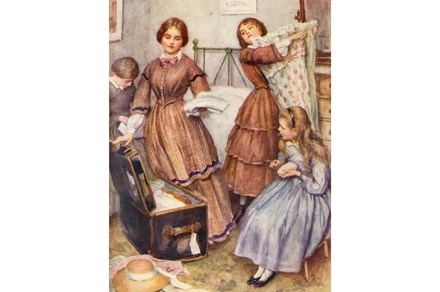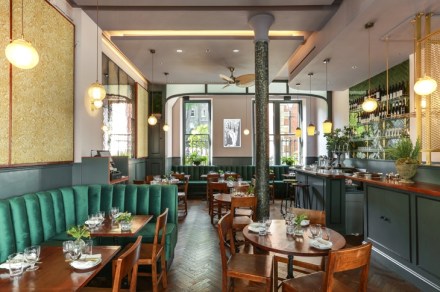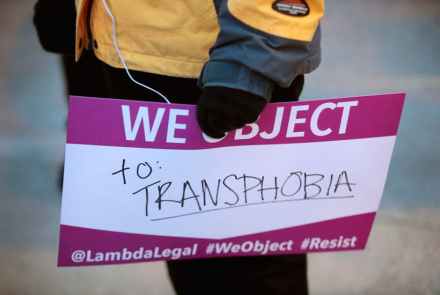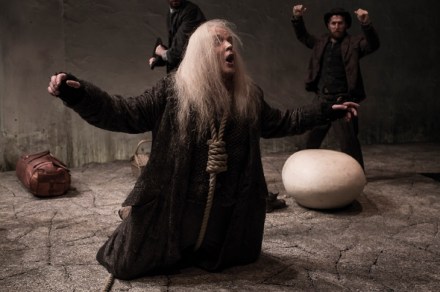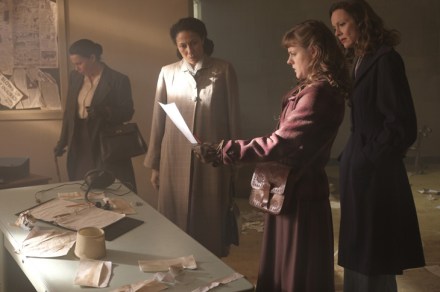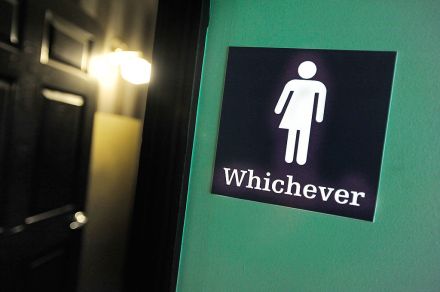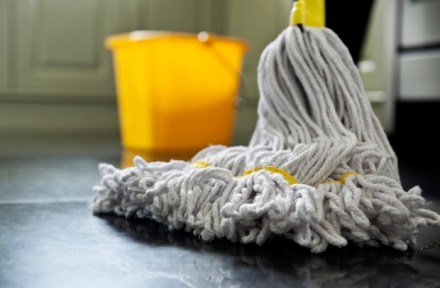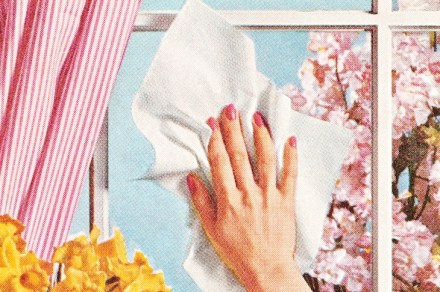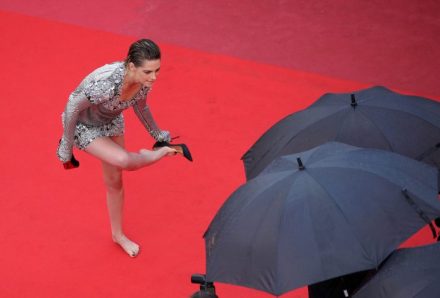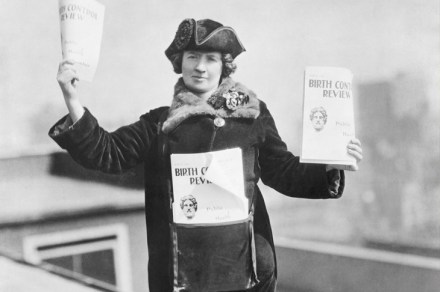Little women, big issues
The great thing about Louisa May Alcott’s classic Little Women is that it has something for everyone: stay-at-home types have the oldest of the March sisters, Meg, who struggles to reconcile her love of ease with both her responsibilities and the family’s genteel poverty (and does at least manage to have one night of fun at the Moffatts’ party, sipping their champagne with one hand and sporting her single good glove on the other, before settling down with a nice husband and even better linen cupboard); cool-slash-mean girls have Amy, who wrestles with vanity — not hugely successfully IMHO (Amy would be a demon with textspeak and indeed probably the
